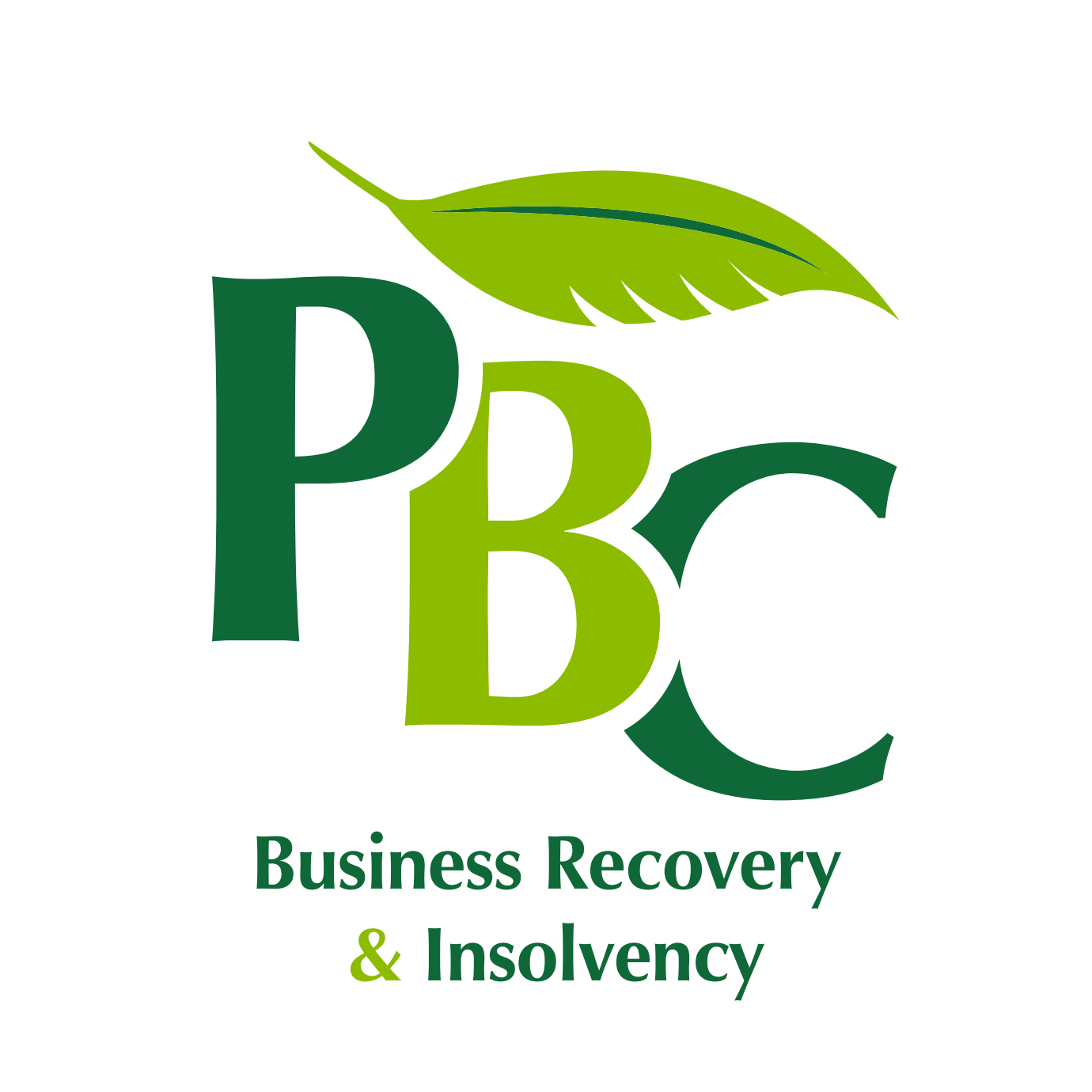When you are looking for advice, you may take note of the level of experience the advisor possesses. Well, if it is experience you seek then there is no need to look further than PBC’s Gary Pettit who, on 6 March 2024 marked his 35th year of working in the insolvency and restructuring industry.
To celebrate this notable achievement PBC asked Gary to reflect on the changes he has seen since 1989.
Three major changes I have seen are the law, regulation and the working environment. The law has evolved (not always for the better) to reflect society and economic changes over time. One of the largest changes was the Enterprise Bill and I was on our industry’s national council at the time. I remember going on vacation where the Bill was my holiday reading, much to the delight of the Wife (not)! Mind you, a feather in my cap was that I put forward changes in the way a bankrupt’s home is dealt with and, to my surprise, those changes were adopted into statute.
While needed, regulation has probably gone too far. My first ever liquidation was Garde A Manger Limited who were based in Leighton Buzzard and I still have a copy of the statutory papers. The first thing you notice is the type face and remember, it was typed by a secretary in a typing pool, where tippex was the modern overwrite we take for granted these days. The report to creditors was a mere four pages long. A similar liquidation, now, will be around 26 pages, which is indicative of just how far regulation has gone. All too often creditors will bemoan the length of documents but, as I was advised when undertaking my insolvency studies, until you lobby to change the law, abide by it.
Back in those early days, everything was done manually. Recording of creditor claims were on A1-size analysis spreadsheets and the secretaries would always hope there were not too many creditors because they would have to type each individual name and address onto envelopes for the mailings that were required.
The environment, for me, started to change in 1991 with the introduction of the first computers in the office. I recall the day a certain partner asked me how to put a space between two words on “This thing” – how times have changed. Another issue arose when a member of the (then) Smith Dove team thought it would look good to have a black background on her screen. Let me think, a system display in black and grey with a black background, hmmm.
We had an office mobile phone that you booked out if needed and the evening outgoing mail was generally by the box load. If something was urgent then the fax machine was the essential tool. Now, emails dominate the correspondence world and, recently, one of the PBC apprentices asked, “What is a fax machine?” Boy, that made me feel old!
Despite all of the changes I have experienced, I can genuinely say I have enjoyed (and continue to enjoy) my job. Yes, there have been lows, but they are far outweighed by the highs in an industry that covers the full spectrum of human emotions, from sadness to anger, depression to delight; it deals with it all. It is a vocation that never stands still and so you are forever learning. Keeping on top of current legislative changes and being able to manage every challenge that confronts you is why this job is so rewarding. It is why I still look forward to the next challenge.
If you require any advice or assistance on any insolvency-related issue, then please contact PBC Business Recovery & Insolvency on 01604 212150 (Northampton) or 01908 488653 (Milton Keynes) or email to enquiries@pbcbusinessrecovery.co.uk. Alternatively, visit www.pbcbusinessrecovery.co.uk for further information.










